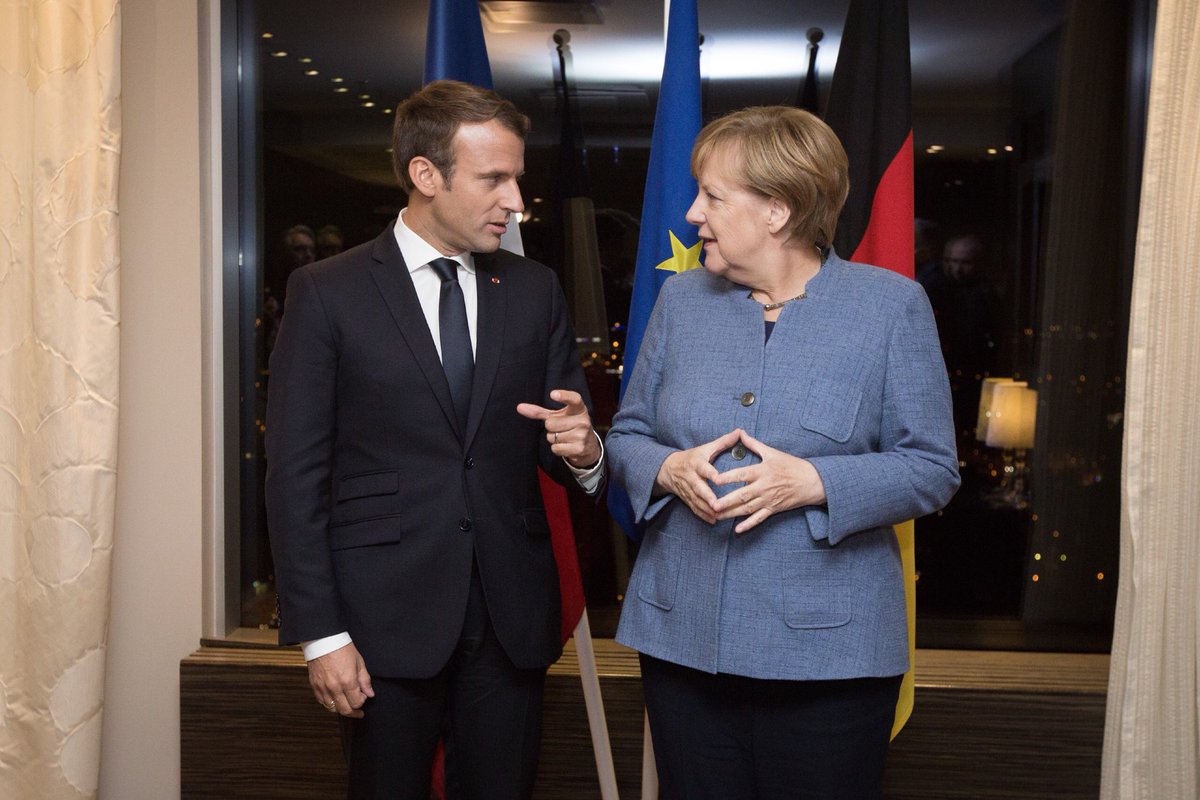Home » 2019 forecast: Eurozone banking and budget reforms
2019 forecast: Eurozone banking and budget reforms

2018 has been a year of increased turmoil for the EU, especially with regard to politics. Brexit and the rise of populist parties in major countries such as Italy and Germany has halted progress and reform on matters of immigration and further European integration.
However, the smaller 19-member Eurozone has been an area where significant progress has been made and will continue apace in 2019. Eurozone finance ministers reached a long-awaited agreement to reform key parts of the single-currency area after 18-months of contentious negotiations. The resulting reforms will see an increase in financial supervisory powers for institutions such as the European Central Bank and Single Supervisory Mechanism and greater budgetary oversight powers for Europe’s bailout facility, the European Stability Mechanism.
In a major victory for French President Emmanuel Macron, Eurozone ministers also agreed to the creation of a common budget for the single-currency area. While it falls short of the original proposal of a common fiscal budget for investment, collectivised bond obligations, and a Eurozone finance minister, it will seek to promote ‘competitiveness and convergence’ amongst northern and southern European member states. 2019 is expected to involve additional bargaining amongst Eurozone finance ministers over what sort of funding will be available to achieve its mandate, with there still being a possibility of a fiscal role for the common budget.
However, strong opposition in Germany to additional fiscal expansion in the Eurozone or assistance to less competitive economies is likely to stifle any progress towards a deposit insurance scheme for the Eurozone. Germany and other northern European countries also pushed through agreement on strengthening the ESM bailout fund into a stronger budgetary watchdog with the power to veto national budgets or impose losses on sovereign bond holders in any future bailouts.
The implementation of these reforms in 2019 is expected to continue the Eurozone’s focus on strengthening its underlying architecture and eliminating causes of future financial instability amongst its member states. While there has been a growing role for common fiscal policy in the monetary union, it is expected to be cautious and continue crisis-proofing the key components of the shared currency.
Kai looks at security and political turbulence in the emerging market economies and also serves as a publisher with The Daily Brief.

